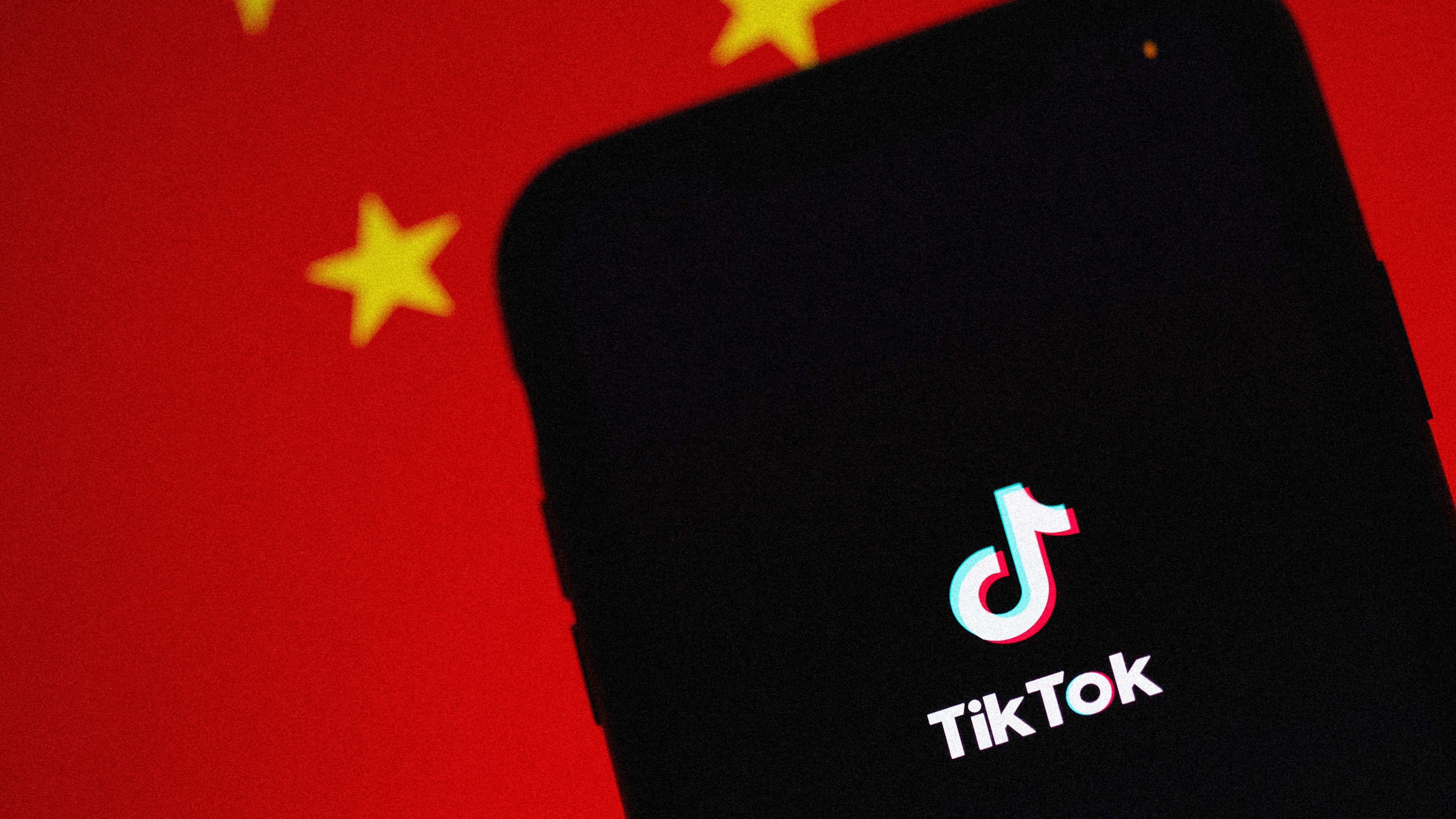TikTok has become app non grata in another market: England. The U.K. on Thursday became the third Western government to outright ban the platform from government phones. British officials noted it was happening “with immediate effect,” joining their counterparts in both the U.S. and the European Union.
It hardly needs saying, but TikTok isn’t off to a great 2023. In Washington, D.C., there are growing bipartisan fears about the app’s China ties, and some 30 states have either passed or introduced bills seeking to ban TikTok, creating the feeling that maybe those 15-second videos are being streamed on borrowed time. In truth, TikTok had a bad 2022 too, a year in which leaked audio revealed that U.S. TikTok employees aren’t cleared to access user data, yet certain Chinese counterparts have “master admin” status and “access to everything.” That December, President Biden signed America’s No TikTok on Government Devices Act.
Fast Company has reached out to TikTok for comment, and will update if we hear back.
TikTok had a slightly better 2021, but only because President Trump left office before he could successfully boot TikTok—which he declared a national security threat—entirely off U.S. soil like he wanted, and the plan to force Chinese parent company ByteDance to divest TikTok to Walmart and Oracle fizzled out.
Trump’s move was seen as overaggressive cowboy diplomacy by some, and prescient by others, but the Biden administration has stayed comparatively less combative since. Or that was largely the public perception, until it emerged this week that officials have actually been firing ultimatums at TikTok and ByteDance behind the scenes. Insiders revealed that the Committee on Foreign Investment in the U.S.—a group of executive branch VIPs that includes the Treasury secretary and Defense, State, Commerce, and Homeland Security department officials—have demanded that TikTok’s Chinese owners sell their stakes in the app, or face a U.S.-wide ban.
Negotiations still appear stalemated. TikTok replied immediately to this week’s revelation by telling the media that forcing ByteDance to divest “doesn’t solve the problem,” just like changing ownership “would not impose any new restrictions on data flows or access.” Instead, the company wants to keep the current ownership structure in place, but spend $1.5 billion of its own money to wall off the U.S. operations—all U.S. data would be stored (and stay) in the U.S., TikTok claims, and it would install Oracle as a sort of watchdog that has permission to access the highly secretive algorithm and flag any security concerns.
Next week, CEO Shou Zi Chew is scheduled to testify in Congress before the House Energy and Commerce Committee, in what’s likely to be one of his toughest grillings as head of the company. He has reportedly been holding closed-door meetings on Capitol Hill with some of the lawmakers he’ll have to answer to.
Yet TikTok’s woes are hardly concentrated around whether or not it’s a Chinese spy tool. Youth advocates haven’t shied away from calling the app addictive, or blaming the algorithm for playing a role in the uptick in teen self-harm and eating disorders, and it seems rare that there’s a week without a viral “challenge” harmful to users or others that gets pushed by the feed. (A recent example: the “Kia Challenge,” which has caused a spree of car thefts involving hijacking the maker’s vehicles by using a USB cable to exploit a security flaw; it’s reportedly sparked hundreds of thousands of car thefts across the U.S.)
Naturally, this all points toward a mammoth, multifront fight in the coming months for TikTok. But meanwhile, the fastest-growing app in human history’s mark grows more indelible. New data show that, notwithstanding the talk about it being a national security threat or worsening teen mental health, advertisers are still pouring plenty of money into TikTok: While online ad spending has slowed in general, it hasn’t for TikTok by many measures: 60% of ad buyers recently said TikTok remained their preferred platform for video. Another report said ByteDance’s share of ad agency dollars now accounts for 11% of all social-media spending.
And of course, there is TikTok’s internet-wide design influence. Other major tech platforms such as Instagram, YouTube, and Amazon are reinventing themselves to copy the app, working in overdrive to clone the For You Page recommendation algorithm and other popular elements—if not the Chinese ownership.
Recognize your brand’s excellence by applying to this year’s Brands That Matter Awards before the early-rate deadline, May 3.
